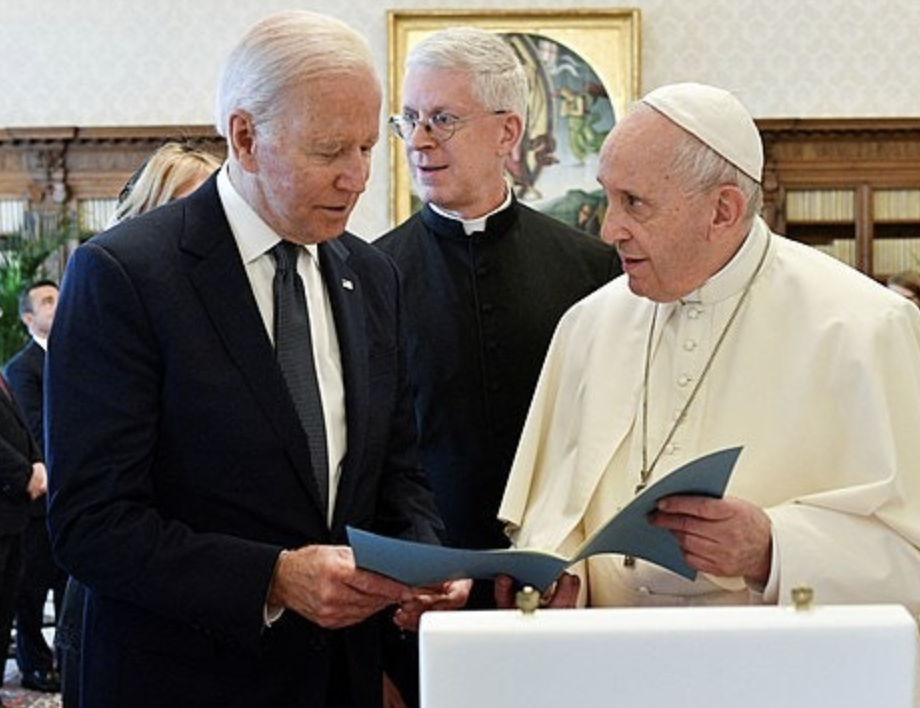Close watchers of the British Monarchy have recently become concerned about two words describing life in Windsor Castle – "new stage."
First there was Queen Elizabeth II's unexplained overnight hospital stay in October for "tests." Then the 95-year-old monarch missed the recent National Day of Remembrance service for Britain's war dead. She did, however, attend christening rites at All Saints Chapel for her two newest great-grandsons.
All of this represents a "new stage" in her very public life.
"She's alright, thank you very much," said Prince Charles, responding to a Sky News enquiry. "Once you get to 95, it's not quite as easy as it used to be."
The Queen has not, however, been silent. Her recent message to Church of England's General Synod – her first absence from this gathering – was strong and personal. It was read by her youngest son, Prince Edward, the Earl of Wessex, who rarely seeks the public spotlight.
"It is hard to believe that it is over 50 years since Prince Philip and I attended the very first meeting of the General Synod," said the prince, reading the Queen's words. "None of us can slow the passage of time; and while we often focus on all that has changed in the intervening years, much remains unchanged, including the Gospel of Christ and his teachings.
"The list of tasks facing that first General Synod may sound familiar to many of you – Christian education, Christian unity, the better distribution of the ordained ministry. … But one stands out supreme: 'To bring the people of this country to the knowledge and the love of God.' "
It's significant that Queen Elizabeth was most concerned with matters of doctrine and spiritual life – not the church's role in politics and various cultural disputes, noted theologian Adrian Hilton, a former adviser to the Secretary of State for Education.






